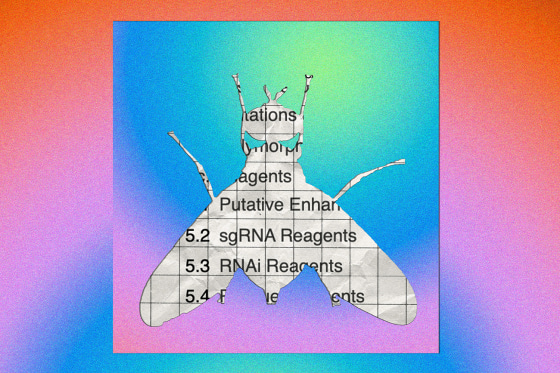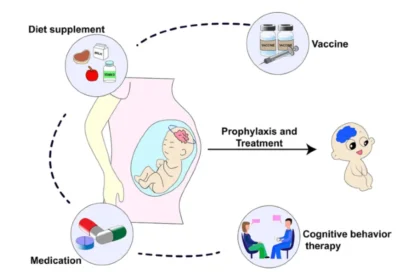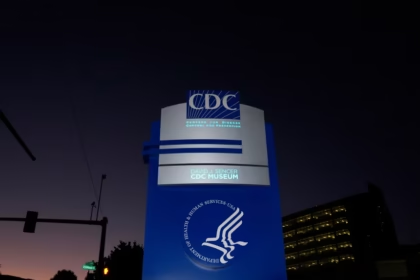For over a century, the fruit fly has been at the center of groundbreaking discoveries from revealing how X-rays cause genetic mutations to identifying the gene that regulates our body clock. Much of this knowledge is stored in FlyBase, an online database relied on by researchers worldwide.
FlyBase receives over 770,000 monthly page views from scientists who use its data to model neurodegenerative diseases, screen drug candidates for Alzheimer’s, and create targeted therapies for rare cancers. The database fuels more than 4,000 labs globally.
But FlyBase’s future is now in jeopardy. The Trump administration cut a $2 million annual federal grant its primary funding source as part of a $2.2 billion reduction in Harvard University funding. Harvard provided temporary rescue funds, but that support ends in October.
The impact stretches far beyond Harvard. The University of New Mexico, Indiana University, and the University of Cambridge also depend on FlyBase for research collaboration. Scientists warn that the loss of this resource could slow global biomedical research.
A federal judge recently ordered the Trump administration to restore Harvard’s lost research grants, but funds have yet to be released and the government plans to appeal the ruling. The delay leaves FlyBase’s survival uncertain and the global research community on edge.











